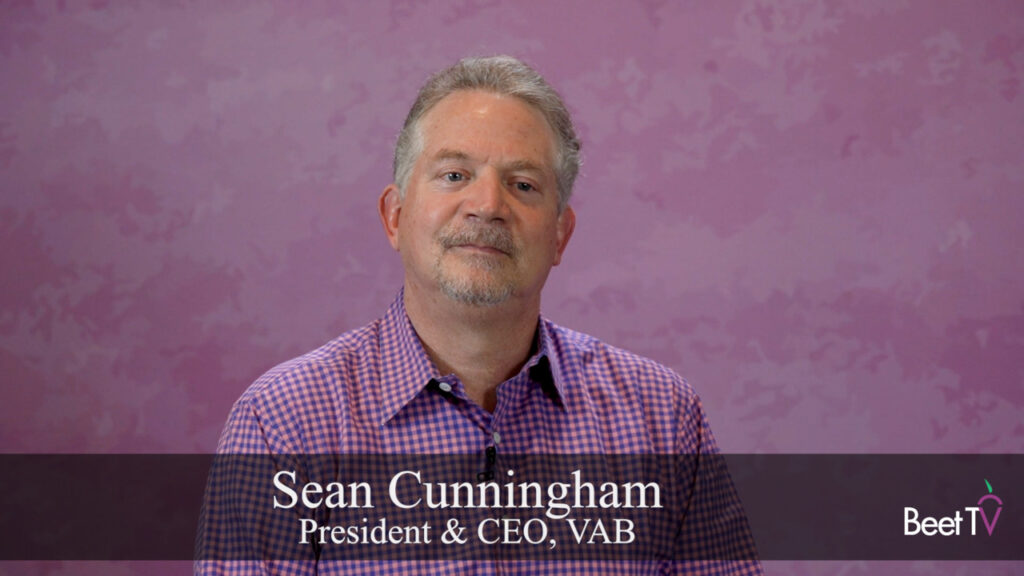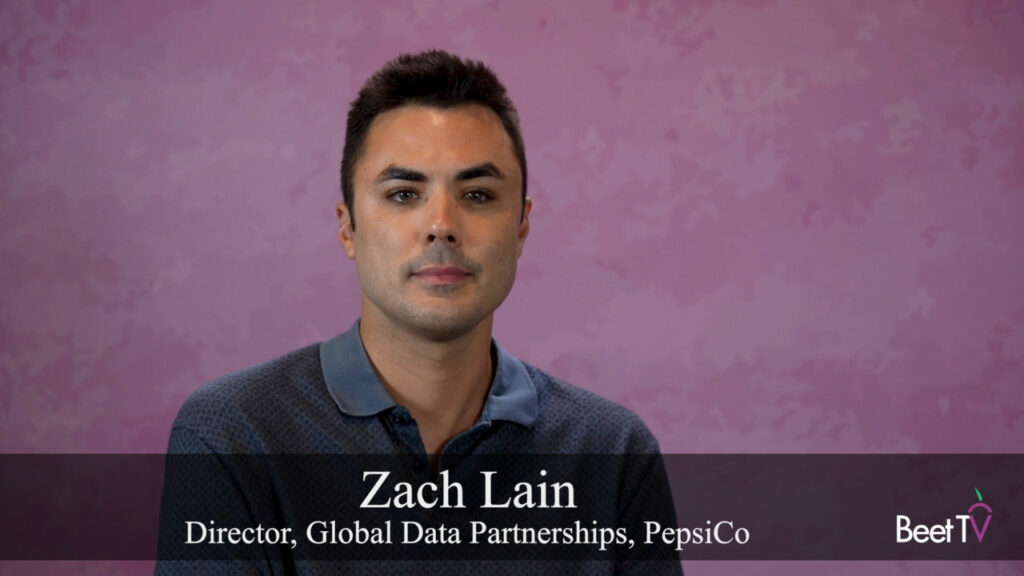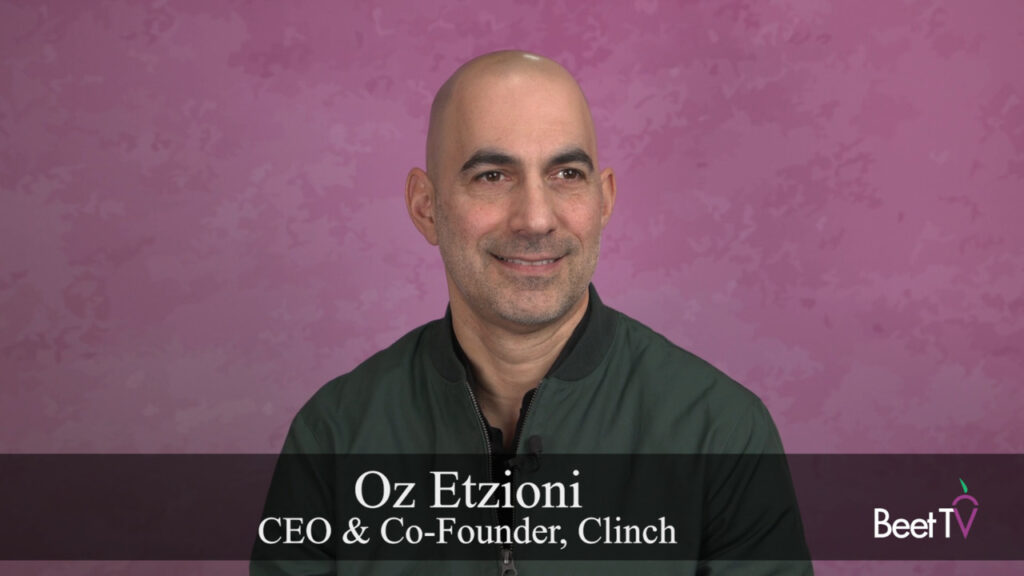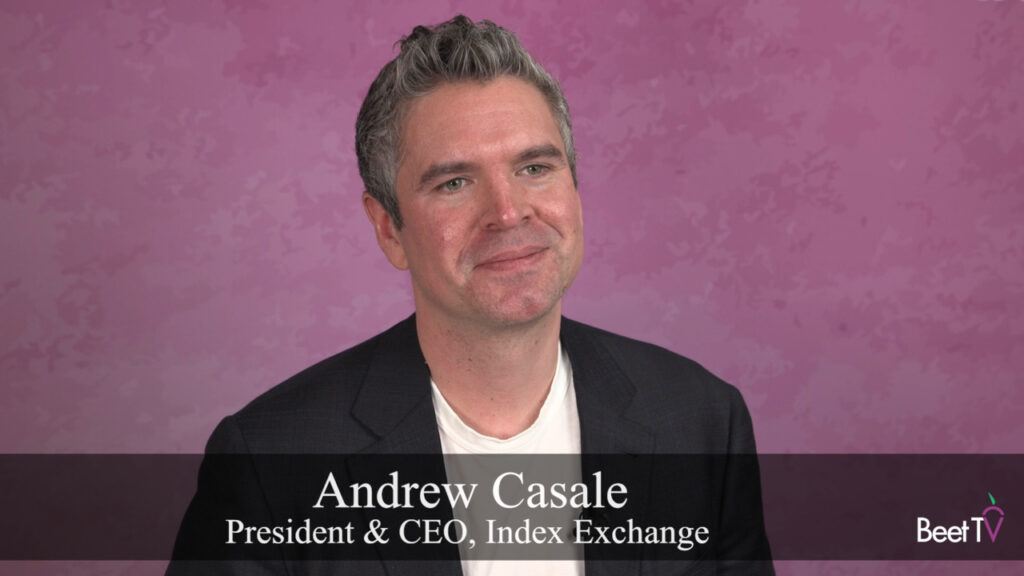Digital media consumption and online shopping are changing the way the automotive industry thinks about advertising. More consumers are seeking a car-buying experience that resembles the way they buy other products, making digital engagement more crucial.
“We’re finally at a place where we’re taking that digital-first approach,” Allyson Witherspoon, U.S. chief marketing officer of Nissan Motor Corp., said in this interview with Beet.TV. “We’ve been talking about it for years, and based on what we’ve seen and how consumers are shopping and consuming media, it’s here.”
Automotive marketers like Nissan are looking for publishers whose content is valuable to consumers and whose advertising formats provide an opportunity for more interaction.
“The days of banners and things like that — that needs to go, because more and more shopping is happening online,” Witherspoon said. “As advertisers, we need to have interesting and engaging formats in order to be able to communicate our message.”
Reaching consumers in a way that’s contextually relevant requires a data-driven strategy. However, consumer worries about privacy have led to calls for more regulation on data sharing, such as the California Consumer Privacy Act (CCPA) that may become a model for a federal law.
Data-Driven Targeting
Data-driven targeting is important for Nissan, which has 19 different models of cars for different segments of the automotive market, Witherspoon said. She cited the Rogue, Nissan’s compact crossover SUV, as an example of a vehicle whose marketing is more specific.
“If you are a new family, you probably are looking for more safety technology, probably looking for more capability, more room — a vehicle like the Rogue is perfect,” she said. “We need to make sure that we’re targeting those new families if they’ve given us all the signals that that’s what they’re interested in.”
At any given time, only 10% of the general population is looking to buy a car within the next 30 to 60 days, making that window critically important to closing a sale. Outside of that window, the messaging tends to be more about “romancing the brand,” Witherspoon said. The challenge is differentiating consumers at different stages of the purchase funnel.
“As we get to a much more privacy-focused environment, how do you continue to do that with the data that you have available?” she said.
Nissan@Home
As with many other industries, the automotive sector faced massive disruption because of the coronavirus pandemic. With consumers spending more time at home, engaging them through digital experiences became a priority.
“All that shopping process, and what we could call ‘kicking the tires’ — all of that started to take place digitally as there were lockdowns,” Witherspoon said. “In many cases, dealerships were closed due to state regulations.”
Nissan in December launched a program called “Nissan@Home” to provide a complete car-buying experience to consumers who may have been reluctant to visit a showroom.
“It’s about shifting that business process, and allowing for that e-commerce journey,” Witherspoon said. “Online retail is not new, not by any means, but it was not as prevalent in the automotive space. The number of consumers that are going to be doing that from beginning to end — it’s small right now — but we’re building toward the future. We’re building toward how consumers want to shop.”
You are watching “Break the Cycle,” a leadership series brought to you by IBM Watson Advertising and Beet.TV. For more videos, please visit this page.



































